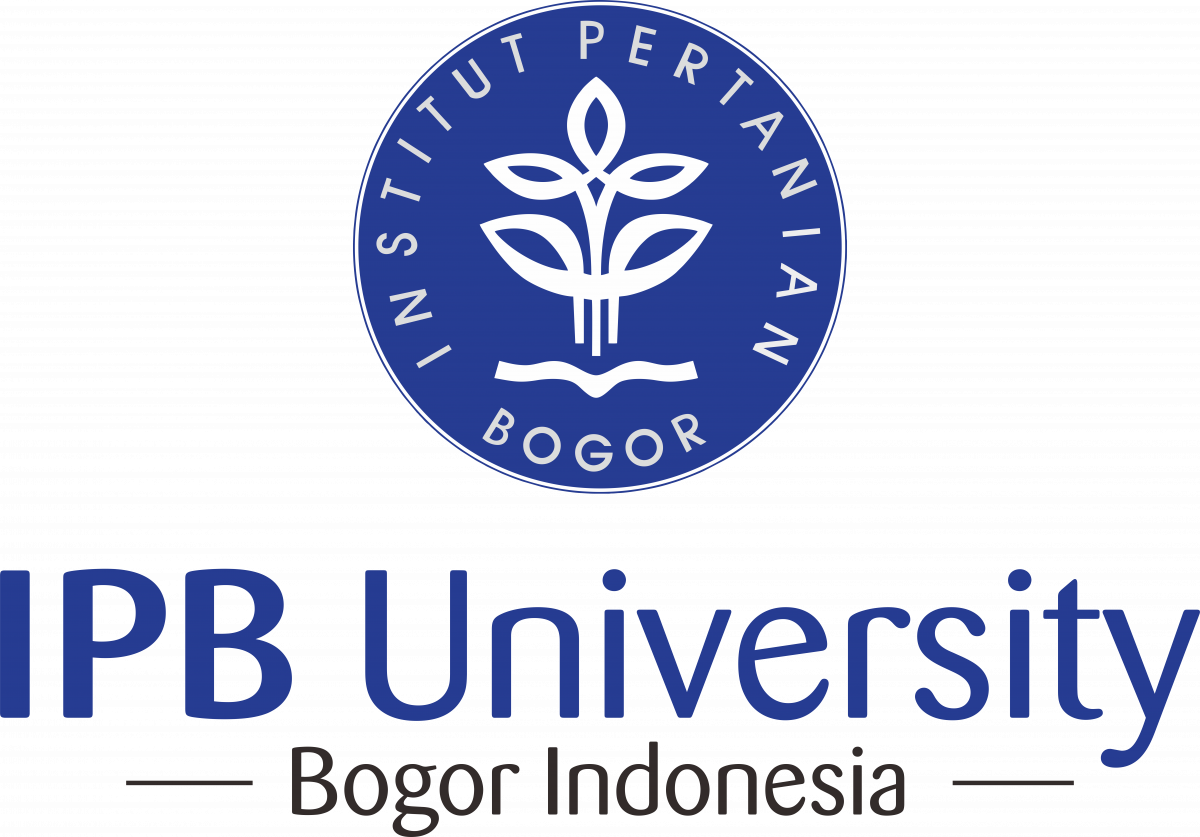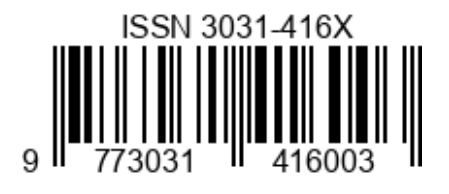Recommendation of affordable halal certification fee
Abstract
Halal certificates protect consumers from foods that do not comply with Islamic Sharia, and Indonesia represents a significant market for halal products, with certification being a key competitive factor in international trade. The response to halal certification varies, with some considering the fee affordable, while others view it as burdensome for businesses. Therefore, this study aimed to recommend affordable halal certification fee for small, medium, and large entrepreneurs. To achieve this objective, a survey method was used to target business actors, combined with literature reviews. A survey was conducted through questionnaires and interviews that included micro, small, medium, and large businesses. The affordable certification fee for micro and small business actors averaged IDR 774,231, with the highest being IDR 828,571. Meanwhile, for medium businesses, it ranged from IDR 1,166,667 to a high of IDR 2,030,769, and for large businesses, the average was IDR 2,995,581, with a maximum of IDR 5,214,286.
References
Abdul M, Mohani H, Ismail H, Hashim H, Johari J. Consumer Decision Making Process in Shopping for Halal Food in Malaysia. China-USA Business Review. 2009;8(9):40-48.
Afroniyati L. Analisis Ekonomi Politik Sertifikasi Halal Oleh Majelis Ulama Indonesia. Jurnal Kebijakan Dan Administrasi Publik. 2014;18:1-203.
Ahmed A. Marketing of Halal Meat in the United Kingdom: Supermarkets versus Local Shops. British Food Journal. 2008;110(7):655-670. https://doi.org/10.1108/00070700810887149
Alqudsi SG. Awareness and Demand for 100% Halal Supply Chain Meat Products. Procedia - Social and Behavioral Sciences. 2014;130:167-178. https://doi.org/10.1016/j.sbspro.2014.04.021
Ayyub RM. Exploring Perceptions of Non-Muslims towards Halal Foods in UK. British Food Journal. 2015;117(9):2328-2343. https://doi.org/10.1108/BFJ-07-2014-0257
Biaya.Net. Biaya Dan Tarif. https://www.biaya.net/2015/10/biaya-sertifikasi-halal.html. 2015.
Briliana V, Mursito N. Exploring Antecedents and Consequences of Indonesian Muslim Youths' Attitude towards Halal Cosmetic Products: A Case Study in Jakarta. Asia Pacific Management Review. 2017;22(4):176-184. https://doi.org/10.1016/j.apmrv.2017.07.012
Dali NR, Nooh MN, Nawai N, Mohammad H. Is Halal Products Are More Expensive as Perceived by the Consumers? Muslimpreneurs Challenges and Opportunities in Establishing a Blue Ocean Playing Field. Journal of Management and Muamalah. 2009;2(August 2016):39-62.
Giyanti I. Pemetaan UKM Kuliner Kota Surakarta Berdasarkan Status Sertifikasi Halal. Jurnal Teknologi. 2018;11(2):9-13. https://doi.org/10.22146/jpt.24968
Hanzaeee KH, Khoshpanjeh M, Rahnama A. Evaluation of the Effects of Product Involvement Facets on Brand Loyalty. African Journal of Business Management. 2015;5(16).
Hasan KNS. Kepastian Hukum Sertifikasi Dan Labelisasi Halal Produk Pangan. Jurnal Dinamika Hukum. 2014;14(2):227-238. https://doi.org/10.20884/1.jdh.2014.14.2.292
Hayat R, Den Butter F, Kock U. Halal Certification for Financial Products: A Transaction Cost Perspective. Journal of Business Ethics. 2013;117(3):601-613. https://doi.org/10.1007/s10551-012-1534-9
Hosanna MA, Nugroho SA. Pelaksanaan Undang-Undang Nomor 33 Tahun 2014 Tentang Jaminan Produk Halal Terhadap Pendaftaran Sertifikat Halal Pada Produk Makanan. Jurnal Hukum Adigama. 2018;1(1):511. https://doi.org/10.24912/adigama.v1i1.2155
Kamaruddin R, Iberahim H, Shabudin A. Factors Influencing Customers Willingness to Pay for Halal Logistics. Journal of ASIAN Behavioural Studies. 2018;3(6):83-91. https://doi.org/10.21834/jabs.v3i6.240
Khan M, Najmi A, Ahmed W, Aman A. The Role of Consumer Willingness to Pay for Halal Certification in Pakistan. Journal of Islamic Marketing. 2019;10(4):1230-1244. https://doi.org/10.1108/JIMA-09-2018-0155
Khasanah NU. Regulation of Halal and Healthy Products for Small-scaled Businesses as Consumer Protection. Open Access Macedonian Journal of Medical Sciences. 2021;9(E):749-753. https://doi.org/10.3889/oamjms.2021.6643
Mahbubi A, Uchiyama T, Hatanaka K. Capturing Consumer Value and Clustering Customer Preferences in the Indonesian Halal Beef Market. Meat Science. 2019;156:23-32. https://doi.org/10.1016/j.meatsci.2019.05.012
Mairijani J. An Analysis of Waqf Management in Terms of Waqf Law No. 41 Year 2004. At-Taradhi Jurnal Studi Ekonomi. 2015;6(2):109-120.
Marzuki SZS, Hall CM, Ballantine PW. Measurement of Restaurant Manager Expectations toward Halal Certification Using Factor and Cluster Analysis. Procedia - Social and Behavioral Sciences. 2014;121(March):291-303. https://doi.org/10.1016/j.sbspro.2014.01.1130
Mathew VN, Abdullah AMR, Ismail SN. Acceptance on Halal Food among Non-Muslim Consumers. Procedia - Social and Behavioral Sciences. 2014;121:262-271. https://doi.org/10.1016/j.sbspro.2014.01.1127
Rafiki A. Faktor Penentu Dalam Memperoleh Sertifikasi Halal Di Antara Perusahaan Kecil. World Applied Sciences Journal. 2014;32(1):47-55.
Ragasa C, Thornsbury S, Joshi S. Are Food Certification Costs Misestimated? Exporter-Perspective on the European Standard. Journal of Agricultural Economics. 2011;62(3):669-689. https://doi.org/10.1111/j.1477-9552.2011.00307.x
Raharjaputra H. Manajemen Keuangan Dan Akuntansi Untuk Eksekutif Perusahaan. Jakarta (ID): PT. Raja Grafindo Persada. 2009.
Shariff SM, Abd Lah NA. Halal Certification on Chocolate Products: A Case Study. Procedia - Social and Behavioral Sciences. 2014;121(September 2012):104-112. https://doi.org/10.1016/j.sbspro.2014.01.1112
[UU]. Standardisasi Dan Penilaian Kesesuaian. Jakarta (ID): Kementerian Hukum dan HAM. 2014b.
[UU]. Undang-Undang No.33 Tahun 2014 Tentang Jaminan Produk Halal. Jakarta (ID): Kementerian Hukum dan HAM Republik Indonesia. 2014a.
Verbeke E. Consumers' Willingness-to-Pay for Certified Halal Labelled Meat. Journal of Meat Science. 2013;95(4):790-797. https://doi.org/10.1016/j.meatsci.2013.04.042
Voas J. Certification Reducing the Hidden Cost of Poor Quality. IEEE Software. 1999;16(4):22-25. https://doi.org/10.1109/MS.1999.776944
Yunos RM, Mahmood CF, Mansor NH. Understanding Mechanisms to Promote Halal Industry-The Stakeholders' Views. Procedia - Social and Behavioral Sciences. 2014;130(May):160-166. https://doi.org/10.1016/j.sbspro.2014.04.020

Copyright (c) 2024 Endi Hari Purwanto, Putty Anggraeni, Auraga Dewantoro, Widia Citra Anggundari, Biatna Dulbert Tampubolon

This work is licensed under a Creative Commons Attribution-ShareAlike 4.0 International License.











